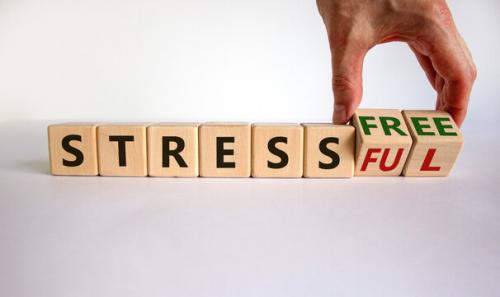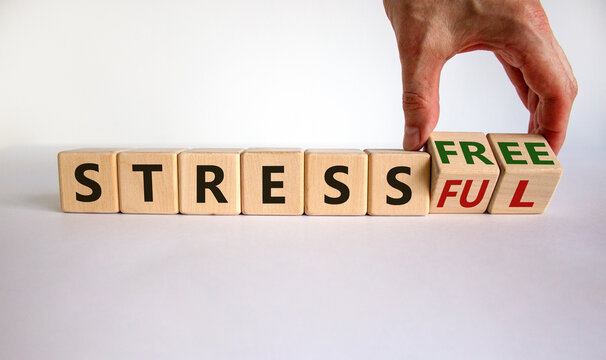YOU CAN FEEL BETTER AND BE STRESS FREE

Stress is a common experience in many people and millions are affected by it daily. Family life, work-life, health, finances, and others contribute to elevated stress levels. Factors like genetics, personality type, social support, and coping style can make certain persons vulnerable to stress.

Ways that can help you feel better and relieve stress include:
Physical activity: Moving your body consistently can help you relieve stress. Studies show that engaging in exercises can help to significantly reduce stress and improve the mood of a person. Choose exercises that you enjoy to increase your ability to be consistent.
Eat healthily: Your diet can help improve your mental health. Studies show that persons who eat unhealthily are likely to have high-stress levels. Stress in itself can lead some persons to overeat and eat foods that damage their bodies. Eating nutrient-dense foods is vital to reducing stress. You have to eat fruits, vegetables, nuts, seeds, and beans if your want to be nourished.
Minimize screen time: Spending too much time in front of your TV, smartphones, and computers can increase your stress levels, negatively affect your sleep, and lead to mental disorders.
Take supplements: Deficiencies in vital vitamins and minerals in your body can increase your stress and you can take supplements to combat this. Certain supplements can help improve your mood and reduce stress. Supplements including magnesium, vitamin B6, Rhodiola, L-theanine, and ashwagandha can help reduce stress.
Self-care: Practicing self-care can positively make you stress-free. You can read a book, take a bath, go for a walk, light candles, get a massage, and practice yoga. Persons who practice self-care improve their quality of life. Aromatherapy is a way to also relieve stress. Certain scents via essential oils or candles such as lavender, frankincense, rose, bergamot, neroli, vetiver, sandalwood, geranium, ylang-ylang, and orange blossom.
Reduce your caffeine: Consuming too much caffeine can increase your anxiety and stress. Consider your tolerance level as caffeine can harm your sleep.
Social support: Spending time with your family and friends can help you cope with stress. Studies show that support from loved ones can help reduce stress, depressive symptoms, and loneliness.
Create boundaries: Know what you can do and what you cannot do. Do not juggle many responsibilities and avoid going overboard as it may overwhelm you. Creating boundaries and being selective of what you do will help you reduce your stress level.
Reduce stress triggers: Try your best to reduce stress triggers in your life. You should practice time management skills, pace yourself, and set the right priorities.
Avoid procrastination: Handle your priorities at the right time and avoid procrastination if you want to be stress-free. Procrastination piles up activities and leads to stress that can affect your health. Have a schedule and stick to it.
Do yoga: Yoga can help you relieve stress. It helps you relax your mind and body by increasing your awareness. Yoga helps to reduce stress, anxiety, and depression. It helps to lower blood pressure, heart rate, and cortisol levels.
Live by your values: You feel better and experience less stress when your actions reflect your belief.
Meditation: This can help calm you, improve your mood, decrease stress, and reduce anxiety.
Cuddle: Cuddling can have a calming effect on the mind and body. Positive physical contact helps to relieve stress, lower cortisol, lower blood pressure, lower heart rate, and release oxytocin.
Stop using nicotine products: You can be stress-free when you stop using nicotine products like tobacco. Nicotine reduces blood flow and slows down breathing.
Go outdoors: Spending quality time outside can help manage stress and improve mental health.
Get a pet: Having a pet can help elevate your mood and reduce stress. Pet owners tend to have reduced levels of anxiety and loneliness.
Set realistic goals: You are not going to be successful at everything so you should set goals that you can achieve.
Minimizing stress in our daily life is vital for our health as stress negatively impacts our health and leads to conditions such as heart disease, depression, and anxiety disorder. You can visit a doctor or diagnostic laboratory services if you want to know ways to feel better and be stress-free.
Post Your Ad Here
Comments